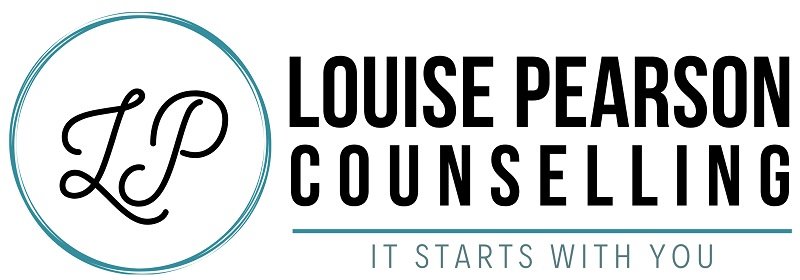Something that I have talked about in this space before I know, is our tendency to be what I call shouldistic, when we feel the need to change something in ourselves or our lives. We'll be experiencing some sort of discontent within ourselves and then come up with all kinds of expectations about how we should be able to change that feeling or situation, or what timeframe it should take for that change to happen.
Sometimes it can also be that we truly don't know what it is that we want to change, even though we sense that something is wrong. Take for example, a young client who came to see me recently. She'd just returned from interstate where she had married the love of her life. They'd had a lovely honeymoon, and she described her life as full; a nice home, a good job, the prospect of perhaps starting a family soon, and a dog curling up on her feet at night who has already expanded her image of family.
"And still I'm not happy Louise!" she said to me, through her tears. "I could kick myself, because I know I'm lucky. I should be happy!"
Well I think we can all relate to having feelings like my client's from time to time! We may indeed count ourselves lucky, and yet be experiencing a sense of discontent which, no matter how hard we try, we just can't force down by telling ourselves that it should not be there!
So, I have just a couple of points to make about this situation. The first is that if the elephant in the room is trumpeting noisily, it won't work to walk past him. He needs to be heard. If something is worrying us, interfeering with our sleep at night, causing tears or even anger at odd times; then getting to the bottom of what's causing the distress is always going to be a far more effective way of handling it, than listening to ourselves or anyone else trying to tell us that the worry is ridiculous. Sometimes if we can unpack the reason for our discontent, either by ourselves, with a friend or a counsellor, we give ourselves the chance to really think through — "is there something that I want to change about my life?" or "is there a need for me to really worry about this particular situation?"
My second point then, might help us in this process. So, recently I was listening to Shannon Hodges, a speaker on the topic of self-care, at this year's Mental Health Super Summit. Shannon suggested that when we are wanting to change something in our lives, we could try looking at it this way. First, We need to stop and think through "What am I doing that I want to start doing?" It could be that you want to exercise daily for example, start eating more healthily or to begin a daily gratitude practice! Then we need to look at what we're doing that we want to stop doing — maybe we want to stop smoking or vaping for example, or maybe we're now ready to accept that that friendship that we've kept alive for years? It needs to go. Just as importantly however, he suggests that thirdly, we need to pay attention to what it is that we are doing now, which we want to continue doing. Maybe we know that bike-riding is something we enjoy, that we feel better after we've read at least some of our current book every day, or we have one friend whom it always works to talk things through with. The bottom line is, we are doing a lot of things right.
That final point, of thinking through what we are doing that we want to keep on doing, really resonated with me. As we try to achieve any form of change, we will feel more motivated if we can recognise that we are doing great things every day, which we take for granted. Our work might be paying the family's bills, or it might be us who comes up with a meal idea every night. It might be that we spend our time looking after grandchildren; well often this makes it possible for our adult children to get ahead, while it also helps us create great relationships and to have a part in those children's lives. I think that if we can frame our need for change in the light of what we do and are achieving every day, these changes feel far more possible.
Remember as always however, that small steps are the ones which make us free, and any step towards your goal, however big or small, is a step in the right direction.
